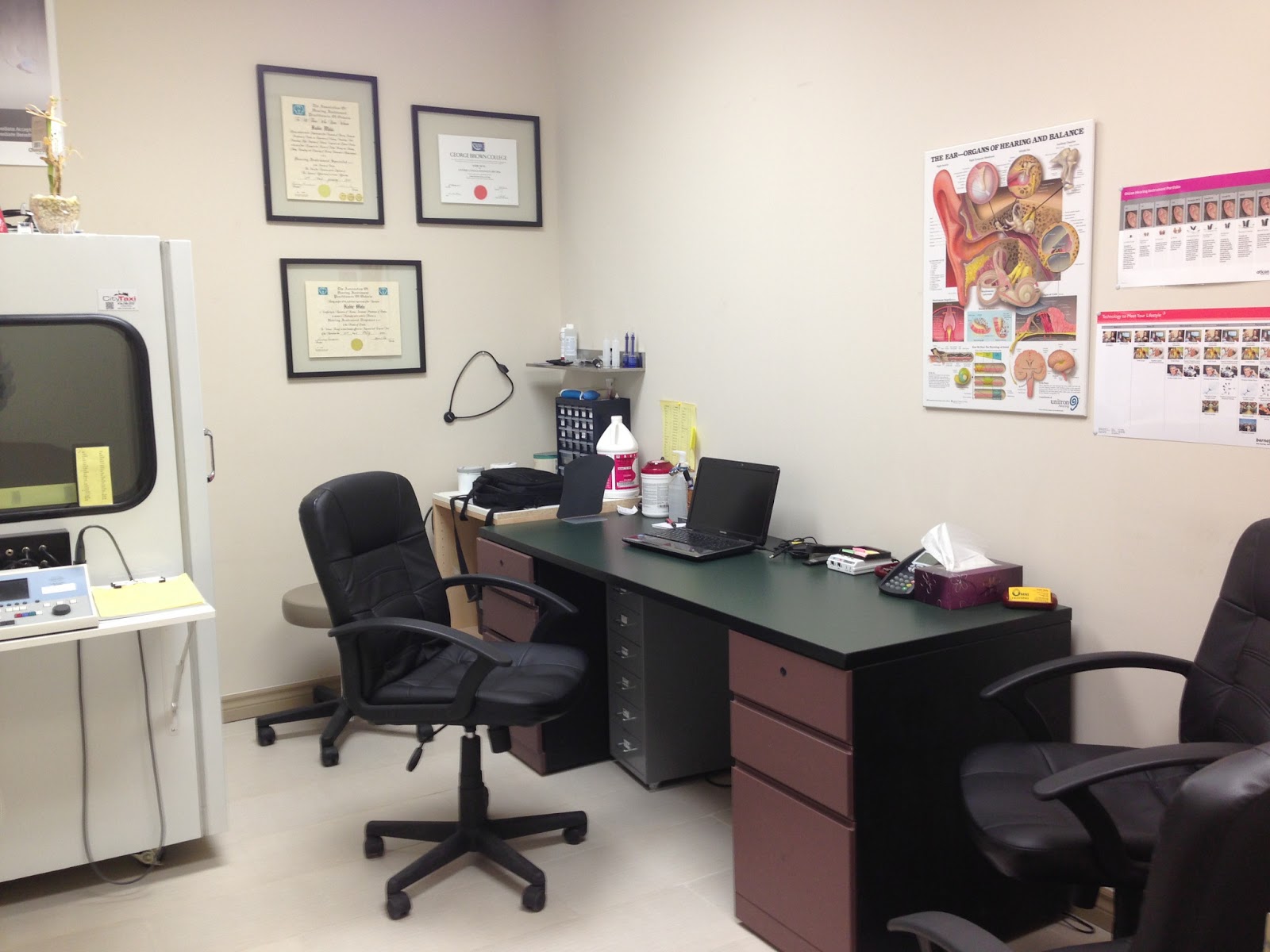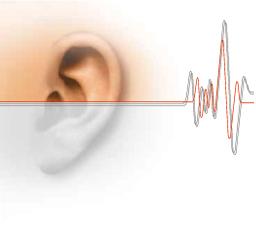|
|
|||||||||||||||||||||||||||||||
|
Earplugs Effective in preventing Temporary Hearing Loss after Loud MusicIn a study published online in 2016 by JAMA Otolaryngology-Head & Neck Surgery, Wilko Grolman, M.D., Ph.D., of the University Medical Center Utrecht, the Netherlands, and colleagues assessed the effectiveness of earplugs in preventing temporary hearing loss immediately following music exposure. The concept the researchers were trying to determine was whether wearing earplugs while listening to loud music whether it effected the prevalence of hearing loss in people, particularly teenagers and young adults, who are more likely to be listening to loud music. The number of people with acquired hearing loss has risen in recent years. The U.S. National Health and Nutrition Examination Survey found that the prevalence of adolescents with hearing loss has increased by 31% in the 2 decades between 1988 and 2008. An explanation for this trend is the increase in exposure to recreational noise, such as visiting loud musical venues (concerts, festivals, and nightclubs). Attendees of these recreational activities can be exposed to loud music with sound pressure levels of approximately 100 to 110 dBA for several hours. Even a short exposure is known to cause hearing loss, to say nothing of extended exposure for staff working at such events. Sometimes the hearing loss can become permanent, however, in most cases, noise exposure causes temporary hearing loss. For this study, the researchers randomly assigned 51 individuals attending an outdoor music festival (for 4.5 hours) in Amsterdam to wear earplugs (n = 25) or no earplugs (unprotected group; n = 26). The volunteers were recruited via social media. The primary study outcome was a temporary threshold shift (TTS; a measure of hearing loss) on an audiogram. The average age of the participants was 27 years. The time-averaged, sound pressure level experienced was 100 dBA during the festival. The authors found that the proportion of participants with a TTS following sound exposure was only 8 percent in the earplug group compared with 42 percent in the unprotected group. In addition, a lower percentage of participants had tinnitus following sound exposure in the earplug group (12 percent vs 40 percent in the unprotected group). "The present randomized clinical trial [RCT] adds proof to the scarce evidence and knowledge on this topic, which is a growing global problem," the authors write. "This RCT adds evidence that earplugs are effective in preventing temporary hearing loss during high recreational music levels. Therefore, the use of earplugs should be actively promoted and encouraged to avoid noise-induced hearing loss." There are also Musician Earplugs designed specifically for people who are loud music regularly. Staff working at loud music venues would also be wise to invest in earplugs to protect their ears.
Similar Topics on LilithPress
Learn more about how to protect your hearing by visiting your local audiologist. Visit Omni Hearing in Woodbridge for a free hearing test, or you can take a free online hearing test right now.

|
|
||||||||||||||||||||||||||||||
|
Website Design + SEO by designSEO.ca ~ Owned + Edited by Suzanne MacNevin | |||||||||||||||||||||||||||||||
